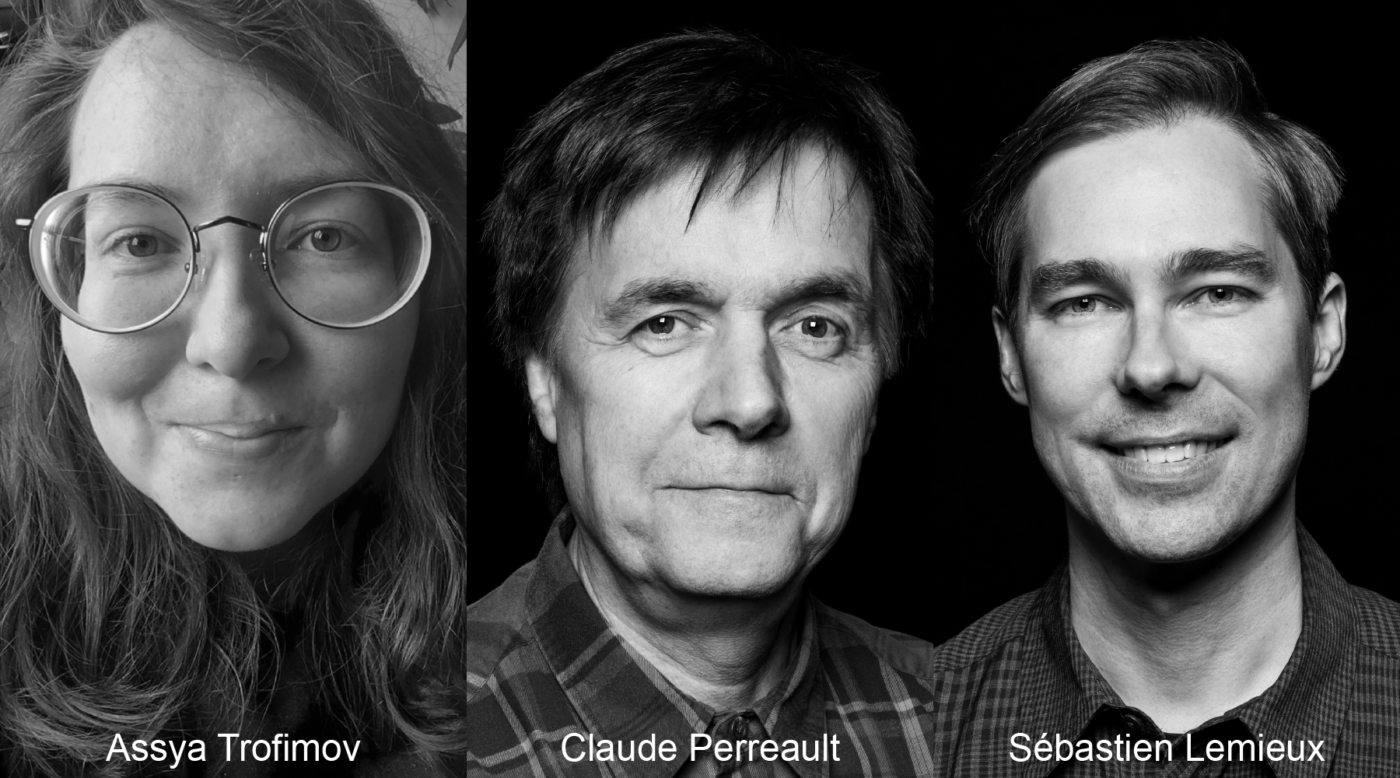News
Assya Trofimov, Ph.D. student at IRIC, is the recipient of the prestigious Mahan postdoctoral fellowship.
Published on February 23, 2022
Assya Trofimov, a Ph.D. student being co-directed in the laboratories headed by Dr. Claude Perreault and by Sébastien Lemieux, was awarded the prestigious Mahan postdoctoral fellowship. The competition, held annually by the Fred Hutchison Cancer Research Center (Fred Hutch) in Seattle, awards outstanding candidates by providing a 21-month stipend to carry out a research project in one of its Computational Biology laboratories.
The Fred Hutch’s Computational Biology program combines traditional biological sciences with advanced training in physics, statistics, mathematics and computer science.
Obtaining this scholarship will allow Assya to start her postdoctoral career on the right foot after completing her doctorate at IRIC. Assya generously agreed to discuss this grant. Congratulations!
What does the Mahan postdoctoral fellowship mean for you and for your scientific career?
Assya Trofimov (A.T.): Everyone quotes Malcolm Gladwell saying, “To be an expert, you have to accumulate 10,000 hours of practice”. However, in his book Outliers, Malcolm Gladwell rather emphasizes the opportunities offered. For me, this fellowship is an opportunity to work with renowned researchers in one of the largest immunology and cancer research centers in the world. The Mahan fellowship is granted without being attached to the host laboratory; it will therefore give me a great deal of freedom as to the research I am going to carry out. It is an opportunity to have a good start for a career as an independent researcher, a goal for which I have been working since the beginning of my university studies.
Can you briefly introduce the Fred Hutch to us, and what motivated your decision to pursue your career there?
A. T.: I first chose the laboratory in which I want to do my postdoc and contacted the professors in charge: Frederick Matsen and Phil Bradley from the Fred Hutch, as well as Armita Nourmohammad from the University of Washington. The Fred Hutch is one of the best immunology research centers in the world. Three Nobel laureates have worked there and it hosts several members of the National Academy of Sciences. The University of Washington, a Fred Hutch partner, ranks fifth in the world in computational biology and seventh in the world in computer science. I am very honored to have the opportunity to work in these two renowned places.
What will you be working on during your postdoc?
A. T.: My project will aim to model the relationship between an individual’s genetic factors and their immune repertoire and gain a little more understanding of the basis of immune recognition.
How did your training in the Perreault and Lemieux laboratories at IRIC contribute to obtaining this fellowship and preparing you to undertake a postdoc?
A. T.: Louis Pasteur said: “Luck smiles on prepared minds”. My research supervisors taught me to be prepared to seize opportunities. They are both exceptional researchers who guided me without directing: they taught me how to design and carry out research projects. When the time came to apply for the Mahan fellowship and write a project proposal, I was ready thanks to their secret supervising techniques!
